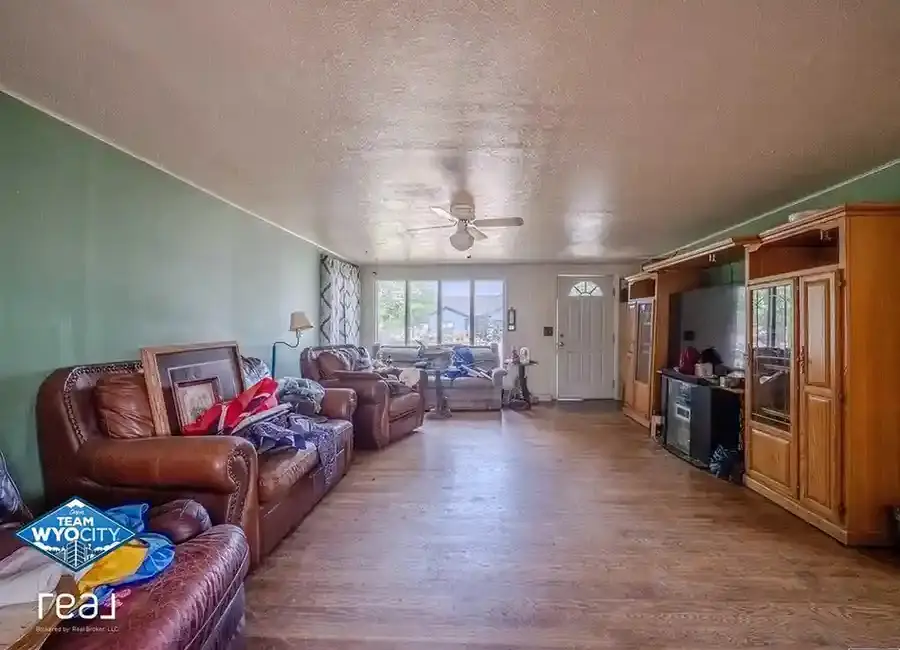With housing prices climbing and space in short supply, some people are eyeing alternative spaces—including old shops, offices, and warehouses—for their next home. But the big question is: can you live on commercial property legally?
The short answer is—it depends on your local zoning laws. Let’s break down what’s allowed, what’s not, and how you can make it happen the right way.
Understanding Commercial vs Residential Zoning
Zoning laws are city rules that determine how land can be used. Properties are typically zoned as residential, commercial, industrial, or mixed-use. Living in a building that’s zoned strictly for commercial use—like an office or storefront—usually isn’t allowed unless the city grants a special exception or variance.
If you decide to move into a property that’s not zoned for living, you could face legal trouble. You might be evicted, fined, or denied services like water or trash pickup. So always check local ordinances before moving in.
When Living in a Commercial Property Is Allowed
There are a few scenarios where it’s possible to legally live in a commercial space:
- The property is located in a mixed-use zone, which allows both residential and commercial functions.
- You get a zoning variance or special-use permit from your local planning board.
- You convert the building to meet residential safety codes (like fire exits, plumbing, insulation).
- You operate a live-work business legally under your state’s commercial use guidelines.
This is how people live above their stores, in converted warehouses, or even in retail spaces turned lofts.
Benefits of Living in Commercial Property (If Done Legally)
If permitted, there are clear advantages to this lifestyle:
- Cheaper price per square foot than residential zones
- Opportunity to live and work in the same building
- Access to commercial centers or downtown locations
- More flexibility in space use and layout
However, it’s only worth it if done by the book—cutting corners can cost you more in the long run.
What You Need to Convert a Commercial Space Into a Legal Home
If you’re serious about living in a commercial property, here’s what you’ll typically need:
- Approval from your city’s zoning or building department
- Updated utilities—heating, water, electric, and proper sewage
- Residential-grade safety features like smoke alarms, exits, and windows
- A certified change-of-use permit for the property
- Adjusted insurance coverage for residential use
Without these, your space may be unsafe or uninsurable, even if no one notices at first.
The Risks of Living in a Commercial Zone Without Approval
Choosing to live in a commercial building without the proper permits can lead to:
- Forced removal or eviction
- Hefty fines from local code enforcement
- Voided insurance policies
- Denied access to utilities or city services
- Lawsuits from landlords or neighbors
So if you’re wondering again—can you live on commercial property?—the answer is: only if the city says yes.
Final Thoughts: Do It Smart, Not Sneaky
In 2025, more cities are getting flexible with zoning, especially for creative entrepreneurs and remote workers. But that doesn’t mean the rules don’t exist. If you’re interested in converting a commercial space into your living space, the best first step is talking to your city’s planning department. Ask about zoning classifications, use permits, and required upgrades.
Living in a commercial property is possible—but only with the right paperwork, planning, and patience.
